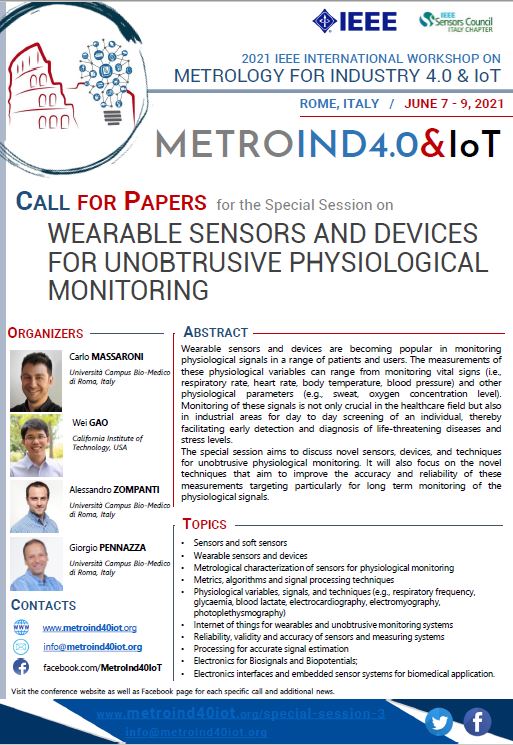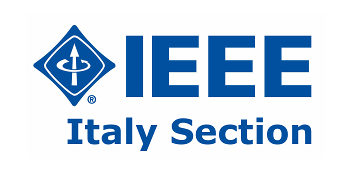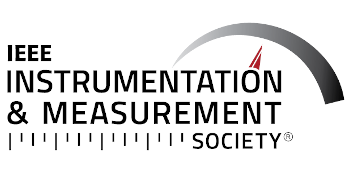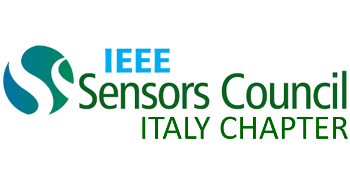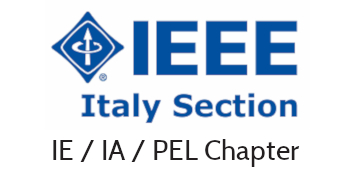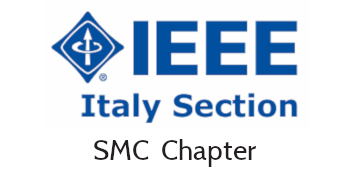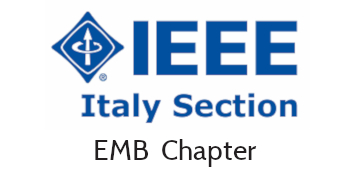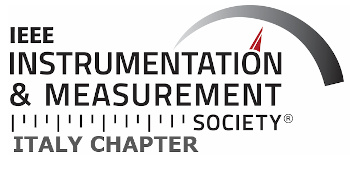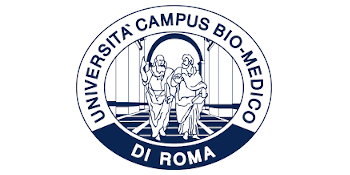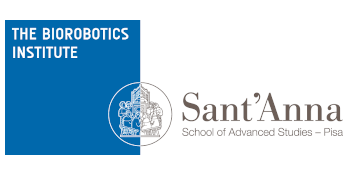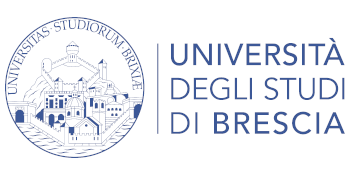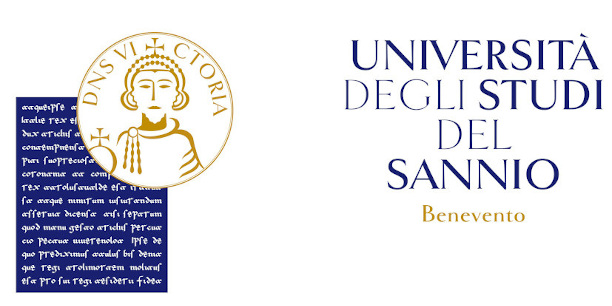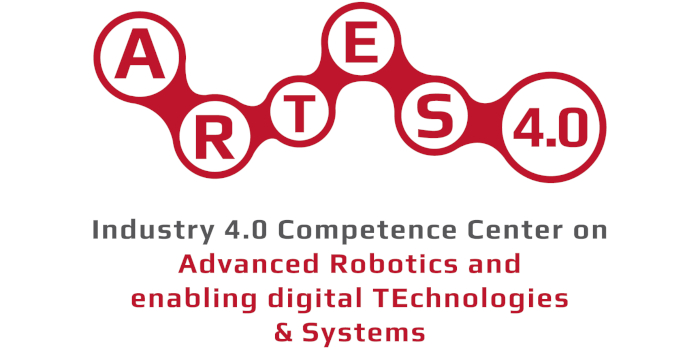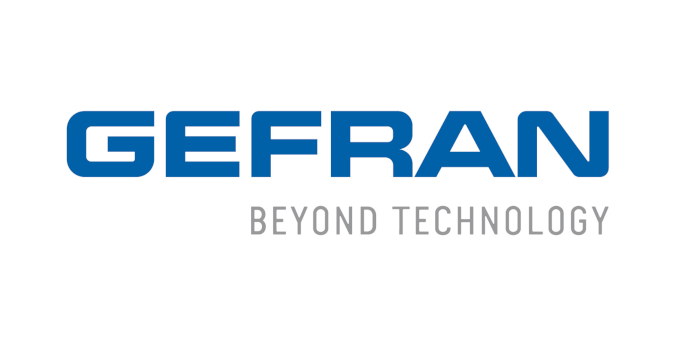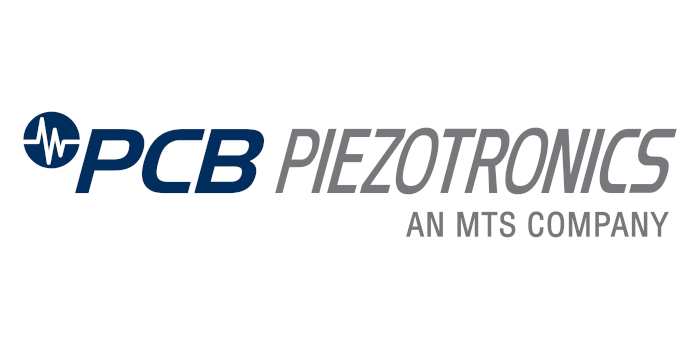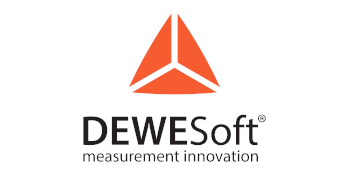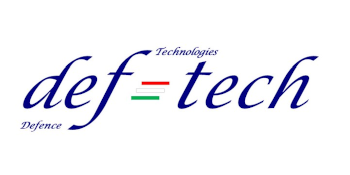Wearable sensors and devices for unobtrusive physiological monitoring
ORGANIZED BY

Carlo Massaroni
Università Campus Bio-Medico di Roma, Italy

Wei Gao
California Institute of Technology, USA
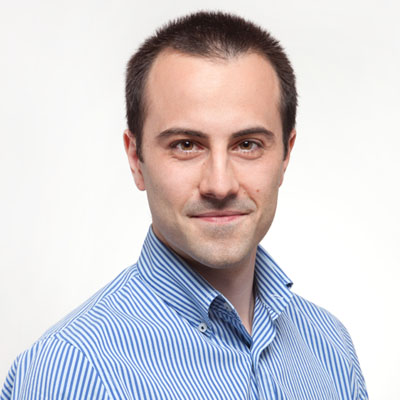
Alessandro Zompanti
Università Campus Bio-Medico di Roma

Giorgio Pennazza
Università Campus Bio-Medico di Roma
ABSTRACT
Wearable sensors and devices are becoming popular in monitoring physiological signals in a range of patients and users. The measurements of these physiological variables can range from monitoring vital signs (i.e., respiratory rate, heart rate, body temperature, blood pressure) and other physiological parameters (e.g., sweat, oxygen concentration level). Monitoring of these signals is not only crucial in the healthcare field but also in industrial areas for day to day screening of an individual, thereby facilitating early detection and diagnosis of life-threatening diseases and stress levels.
The special session aims to discuss novel sensors, devices, and techniques for unobtrusive physiological monitoring. It will also focus on the novel techniques that aim to improve the accuracy and reliability of these measurements targeting particularly for long term monitoring of the physiological signals.
TOPICS
- Sensors and soft sensors;
- Wearable sensors and devices;
- Metrological characterization of sensors for physiological monitoring;
- Metrics, algorithms and signal processing techniques;
- Physiological variables, signals, and techniques (e.g., respiratory frequency, glycaemia, blood lactate, electrocardiography, electromyography, photoplethysmography);
- Internet of things for wearables and unobtrusive monitoring systems;
- Reliability, validity and accuracy of sensors and measuring systems;
- Processing for accurate signal estimation;
- Electronics for Biosignals and Biopotentials;
- Electronics interfaces and embedded sensor systems for biomedical application.
ABOUT THE ORGANIZERS
Dr. Carlo Massaroni received his BSc (2010) and MSc (2012) in Biomedical Engineering and Ph.D. in Bioengineering (2017) from Università Campus Bio-Medico di Roma (UCBM). He is currently is Assistant Professor at UCBM. His research interests are focused on the design, development, and assessment of sensors, measuring systems and devices for physiological measurements, with particular emphasis on the design of wearable and unobtrusive systems for the measurement of respiratory and cardiac parameters, tests of available technologies for non-invasive measurement in the medical field, fiber optics for development of sensors and measuring chains for medical field. He is a member of the IEEE, IEEE Instrumentation and Measurement Society, IEEE Engineering in Medicine and Biology, ISB, ESB, and IET. He is currently the Chair of the “Wearable Sensors” technical committee of the IEEE Sensors Italy Chapter and Associate Member of the "Wearable Biomedical Sensors & Systems" technical committee of the IEEE EMB.
Wei Gao is an Assistant Professor of Medical Engineering in Division of Engineering and Applied Science at the California Institute of Technology. He received his Ph.D. in Chemical Engineering at University of California, San Diego in 2014 as a Jacobs Fellow and HHMI International Student Research Fellow. In 2014-2017, he was a postdoctoral fellow in the Department of Electrical Engineering and Computer Sciences at the University of California, Berkeley. He is a recipient of IEEE EMBS Early Career Achievement Award, IEEE Sensor Council Technical Achievement Award, Sensors Young Investigator Award, MIT Technology Review 35 Innovators Under 35 (TR35), and ACS Young Investigator Award (Division of Inorganic Chemistry). He is a World Economic Forum Young Scientist (Class of 2020) and a member of Global Young Academy (Class of 2019). His research interests include wearable devices, biosensors, flexible electronics, micro/nanorobotics, and nanomedicine.
For more information about Gao’s research, visit www.gao.caltech.edu.
Alessandro Zompanti is a Biomedical Engineer with a PhD in Bio-Engineering and Bio-Sciences (2017) from Università Campus Bio-Medico di Roma (UCBM). He is currently a postdoctoral researcher in the Research Unit of Electronics for Sensor Systems at UCBM. His research activities are mainly focused on the development, from desing to test, of sensors, electronic interfaces and embedded sensor systems for applications in the bio-medical field and in the food industry field.
Giorgio Pennazza is an an Electronic Engineer with a PhD in Sensorial and Learning System Engineering. In 2008, at the University Campus Bio-Medico di Roma, he set up the Unit of Electronics for Sensor Systems, of which he is the Head. He is currently Full Professor of Electronics at the University “Campus Bio-Medico di Roma”, where he is the Vice Dean of the Faculty of Engineering. His research activity mainly concerns the design, calibration, test and application of embedded sensor system in the biomedical field and in the food production processes. He published more than 100 papers and conference proceedings with an h-factor of 26.

